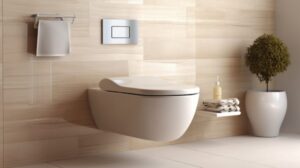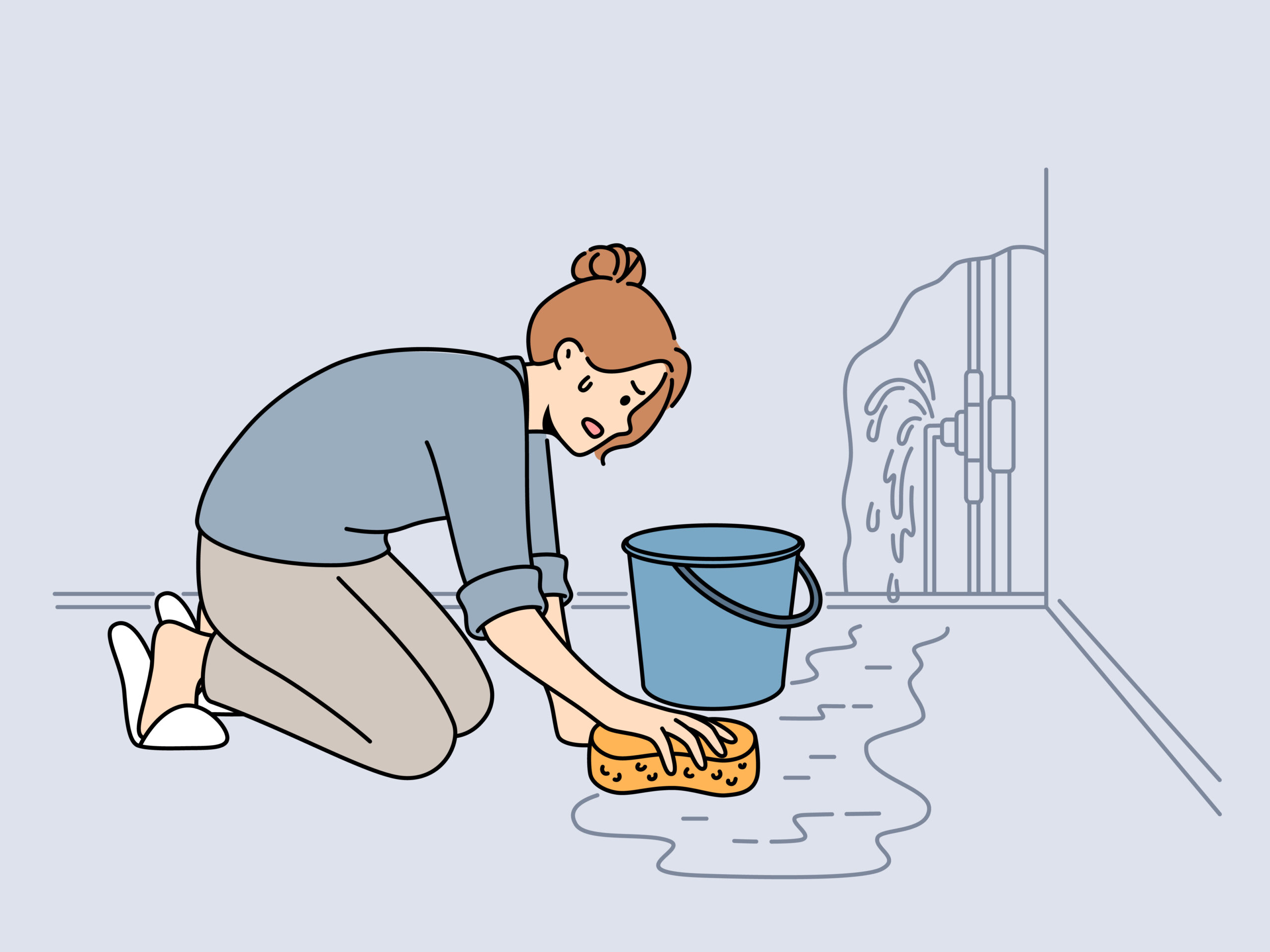COLUMN
I want a stylish tankless toilet. Introducing precautions, advantages and disadvantages
- release date:
- knowledge
◇ I want a stylish tankless toilet. Introducing precautions, advantages and disadvantages ◇
A toilet is an essential part of daily life, and its usability and design are directly linked to the comfort of daily life.
It is no exaggeration to say that the stylish design of your toilet has an impact on the impression of your home.
So, let’s take a closer look at tankless toilets, which have become popular in recent years.
We will introduce the characteristics, advantages and disadvantages, and points to be aware of of tankless toilets.
table of contents
1 What is a tankless toilet?
“Tankless toilet” is one of the advanced forms of toilet, and it is an innovative type of toilet that is popular mainly in Japan.
Its distinctive feature, compared to traditional tank toilets, is the absence of a water tank.
Traditional tank toilets have a tank at the back of the toilet that stores water, and when you flush, water flows from the tank to clean the toilet bowl.
However, tankless toilets omit this water tank and are attached directly to the wall, so they feature a slim design that allows water to be flushed directly from the tap.
Tankless toilets are popular because of their slim, modern appearance and water conservation.
In Japan, toilets are becoming more and more popular as water-saving toilets, contributing to saving on water bills and being environmentally friendly.
They also have a great design, enhancing the aesthetics of your toilet space and can be incorporated as part of a stylish interior.
merit
Free up space in the toilet
Tankless toilets don’t require a tank, so they have a more compact and slimmer design than typical tank toilets.
This allows you to utilize more toilet space.
Easy to clean
Tankless toilets don’t have a tank, so dirt is less likely to accumulate in the gaps.
It is easy to clean and maintains sanitary conditions.
High water saving effect
Tankless toilets supply water directly from the tap and use only as much water as needed, so they use less water per use, reducing the burden on the environment and saving on water bills.
Water can flow continuously
Once a tank toilet has been flushed, it cannot be flushed for a while until the tank is refilled with water.
However, tankless toilets are supplied directly with water, so there is no need to spend time filling the toilet.
It can be used continuously.
Demerit
Water does not flow during a power outage
Tankless toilets require electricity, so they won’t flush during a power outage.
In case of an emergency, you can take measures such as pouring water all at once with a bucket, or depending on the manufacturer, you can clean the product manually in an emergency, so check the instruction manual.
Cannot be installed if water pressure is weak
Tankless toilets require proper water pressure.
It may not be possible to install in locations with weak water pressure.
No hand washing part included
Some tankless toilets often do not have a hand-washing function.
If a hand-washing station is required, a separate hand-washing station must be installed.
Main unit price is high
Tankless toilets are generally more expensive than tank toilets.
The high initial investment may make it a difficult option for people on a budget.
Even if it breaks down, parts cannot be replaced and repair costs are high.
Tankless toilets have a complex structure, and if they break down, parts can be difficult to replace and repair costs can be high.
Regular maintenance is important.
It is important to consider these advantages and disadvantages comprehensively and consider choosing a toilet that suits your needs and budget.
3 Things you need to know when considering a tankless toilet
When considering renovating or installing a new toilet, many people prefer a stylish, water-saving tankless toilet.
However, in order to avoid problems after installation, it is necessary to be aware of some important points.
Here are some points you should know when considering a tankless toilet.
Care must be taken when installing on the second floor or above.
When installing a tankless toilet on the second floor or higher, you need to be careful about water pressure restrictions.
In general, if a tankless toilet is installed in a location with weak water pressure, water may not flush properly.
However, some types of toilets are equipped with a booster pump to supplement the water pressure.
It is important to study the specifications in detail in advance to understand these restrictions and characteristics and confirm the feasibility of installation.
Please be especially careful if you live on the second floor or above or in an apartment complex.
When a product breaks down, parts cannot be replaced, which increases repair costs.
A tankless toilet is a toilet that has a toilet bowl and a toilet seat in one piece, so if a problem occurs, the entire toilet must be repaired.
In general, the average lifespan of a toilet is about 10 years.
Since the parts are likely to reach the end of their service life, we recommend that you consider replacing your toilet every 10 years, depending on the frequency of use and environment.
The toilet is a space that is used every day, and when it breaks down, it makes life inconvenient.
Therefore, when considering remodeling or replacing your toilet, you may not have the luxury of taking the time to consider it carefully.
In order to avoid regrets after the installation, saying, “I should have taken a little more time to think about it,” we recommend that you start considering the problem as soon as possible if you notice any symptoms related to the toilet.
If you need consultation regarding construction, please feel free to contact us.
リフォーム・リノベーションをお考えのお客さまは株式会社イエスリフォームまでご相談くださいませ。
相談お見積りには費用はかかりません。
また、リフォーム・リノベーションのセカンドオピニオンもおこなっています。お気軽にご相談ください。
東京都中央区のリフォーム、リノベーションならイエスリフォームにお任せください!
株式会社イエスリフォーム
1F2F, Ouchi Building, 1-3-9 Higashi Nihonbashi, Chuo-ku, Tokyo
FAX:03-6667-0782












